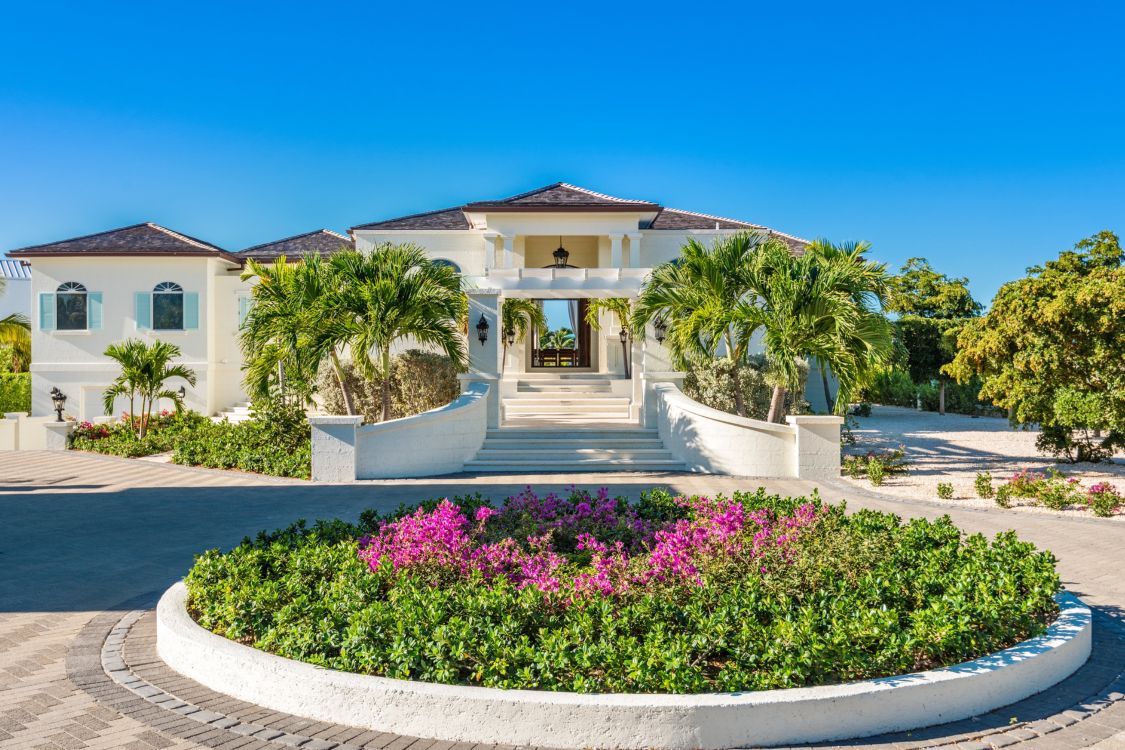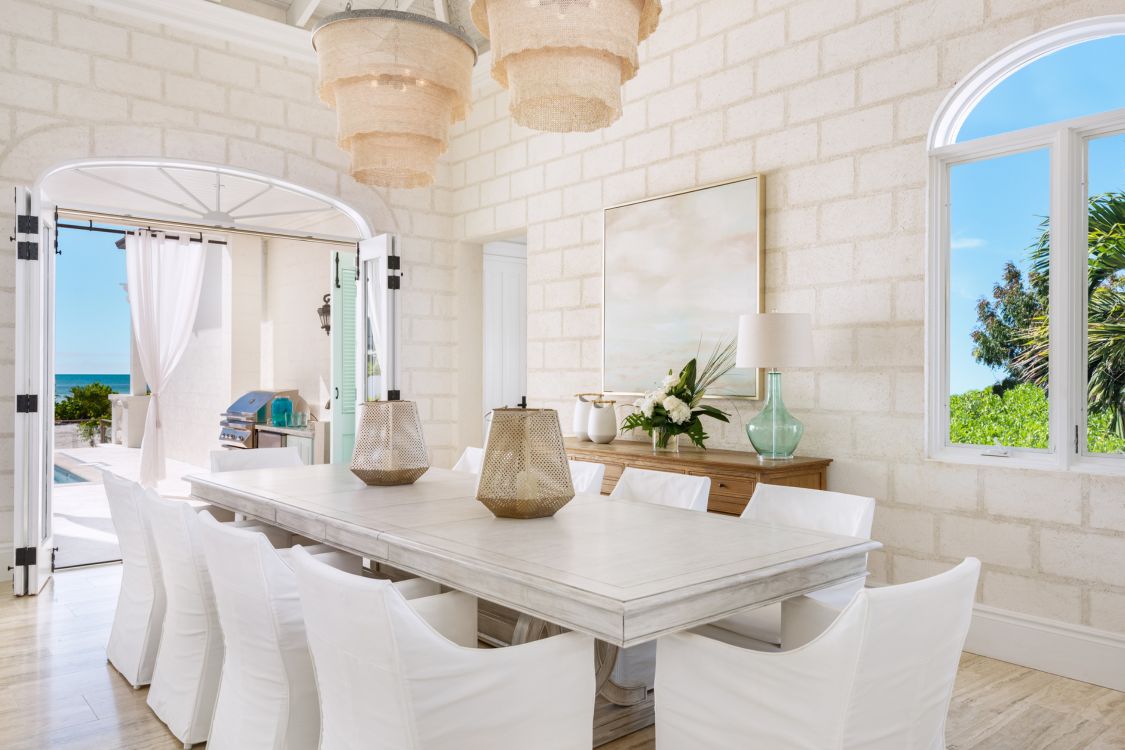From time to time I’m asked by clients to explain the features of Homeowners Insurance policies available on island. My clients are normally interested in the scope of cover, policy exclusions and, of course cost.
Homeowner Combined policies cover your Household Buildings and /or Contents, with Personal Liability included within the basic Policy.
HOME BUILDINGS
WHATS COVERED:
Policies normally provide a good range of specified perils including Fire, Aircraft, Hurricane, Earthquake, Explosion, Riot, Malicious Damage , Flood , Bust Pipes and Impact Damage. Most Insurers offer an option to extend their cover to include Full Accidental Damage Cover to buildings, although very few people request that extension. Most policies offer a free extension to provide alternative accommodation if your home is made untenable by an insured event and you incur rent while your home is being repaired. The policy will also cover loss of rent receivable to a specified sum if you rent your house out and insured damage makes it untenable.
Your policy will probably also include accidental damage to underground cables and accidental breakage of fixed glass and sanitary ware. Some policies cover damage resulting from falling trees.
WHATS NOT
As your policy specifies the perils covered, damage falling outside those perils are not covered.
For example, if a workman was to fall through your ceiling while he was carrying out repairs, the resultant damage would not be covered. Most policies do not cover subsidence; this may be relevant if you live near the seashore in areas that are prone to subsidence.
Garden walls, fences and paved areas may not be covered.
Satellite Dishes are not normally covered.
Landscaping is not covered.
Docks are usually excluded; they normally have to be specified and the cost of insuring them is high.
Faulty workmanship, faulty design and slowly developing defects such as minor roof leaks which grow worst over a period are not covered.
The amount of the deductibles stated on your policy will not be covered. Deductibles vary between policies. Most people know that the standard Hurricane deductible is 2% of the Sum Insured of your Building; it’s not a percentage of your claim.
If you are away from your home for extended periods, ensure that you are not breaking any unoccupancy conditions; most policies restrict cover once your home has been left unoccupied for more than a specified period.
HOME CONTENTS
WHATS COVERED
Your furniture, clothing and personal effects are normally covered for the same perils as the buildings, in addition to which this section of the policy covers theft of your contents from the home.
Policies usually extend to cover accidental damage to glass in furniture, and accidental damage to specified items of electronic equipment and computers. Your policy will also usually provide restricted cover on items temporarily removed from your home whilst, for example, they are being repaired. A small amount of money; usually in the region of $500 is automatically covered.
WHATS NOT
The policy covers your effects and other contents that you are legally responsible for; it will not usually cover the belongings of friends and family who may be staying with you. Only loss or damage as a result of specified perils are covered. A shelf unit which collapses, shedding it’s contents over your tiled floor will probably not be covered.
All policies contain limits for Jewelry and other high valued items such as works of art. Check your cover to ensure that your high valued items are specified, and that full cover is maintained. It may be necessary for you to obtain valuations for certain items before they can be insured.
Some policies require breaking and entering before theft claims can be made; other policies do not have that limitation. Damage caused by power fluctuations is not covered. If you rent your house out, malicious damage caused by your tenants is not covered.
Normally, loss or damage to your belongings occurring away from your home is not covered. You can obtain this cover by paying for an “All Risks” extension to your policy.
Motor vehicles and boats are not covered. Your belongings will not be covered if you leave them in your car; even if it’s parked on your driveway.
Similar unoccupancy clauses apply as per the buildings cover, and the policy is subject to stated deductibles.
LEGAL LIABILITIES
WHATS COVERED
Your policy will cover your personal legal liability for death , injury or illness to third parties or for damage to their property. Some policies will cover your legal liability for death or injury to domestic staff.
Although not widely recognized, some policies will extend to cover your legal liability away from your home for example if you went horse riding.
The limit of indemnity provided under this section of your policy can vary between Insurance Companies. It’s usually between $100,000.00 and $1,000,000.00.
WHATS NOT
Your policy will not cover any liability arising from the use of any motor vehicle or of
any powered waterborne craft although some policies will cover liability arising from
sailboards, canoes, small sailing dinghies and the like.
Cover is restricted to claims for death, illness, injury or property damage. Other third
party claims are not normally covered.
All actions against you must be brought within a local court of law. Claims brought
against you outside the Turks and Caicos Island Courts will not be covered.
In addition to the aforementioned specific exclusions, policies are subject to a number of
standard exclusions which include War, Nuclear Losses, Terrorism and ‘Cyber Losses’
relating to computers.
Here you have a rough guide to some of the points to bear in mind when you are
considering your Home Insurance Policy. It’s not intended as a concise and complete
review of a standard home policy; I’m afraid that there is no such thing as a ‘standard’
home policy. But it may assist you in recognizing the events that are covered around your
home as against those that are not.
Tony Lancaster A.C.I.I




